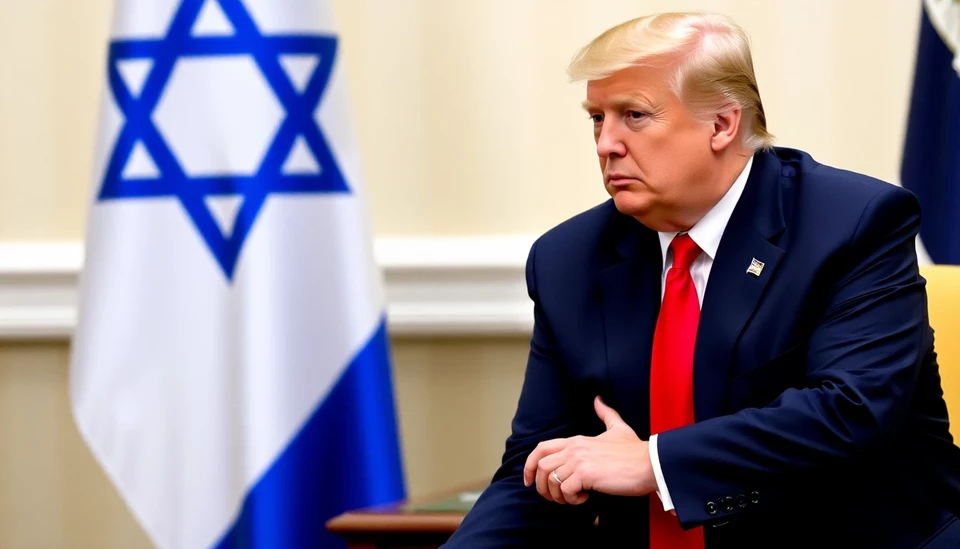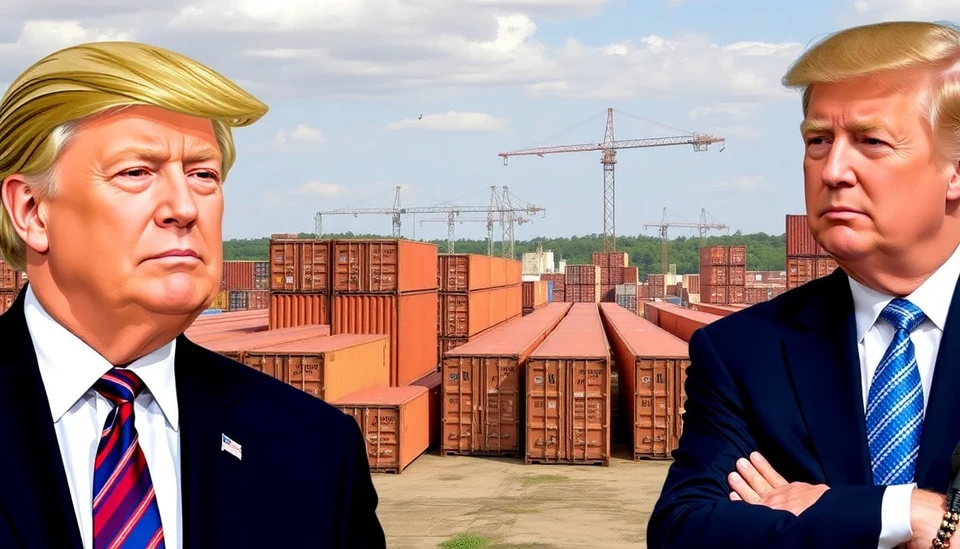
As economic pressures mount due to rising U.S. tariffs on imports and escalating regional conflicts, Israel's central bank is preparing to maintain its current interest rates. The move signals a cautious approach as the nation grapples with the impacts of external economic policies and domestic tensions.
Despite the tumultuous international landscape, the Bank of Israel is likely to hold the interest rate at 4.75%. Analysts suggest that this decision is a bid to stabilize the shekel, which has experienced fluctuations due to trade wars and military engagements in neighboring regions.
Recent decisions by the U.S. government, led by President Trump, have included escalated tariffs on various goods, resulting in a ripple effect across global markets. These tariffs have not only affected Israeli exports but have also contributed to heightened inflationary pressures. Local businesses are feeling the strain as costs of goods entering the country increase, complicating the economic situation further.
Moreover, violence in nearby areas has prompted concerns over security, which historically weighs heavily on the Israeli economy. The combination of a challenging international trade environment and domestic unrest culminates in a precarious financial landscape that officials must navigate. The Bank of Israel’s conservative stance aims to provide necessary economic stability during this turbulent period.
Economists are observing the situation closely, as the decision to hold rates can significantly influence investor confidence. A stable interest rate might reassure investors, but the board faces pressure to respond to the potential for economic downturns stemming from persistent geopolitical and trade issues.
In light of these developments, speculation abounds regarding the central bank’s next moves. Will they adjust rates should inflation continue to rise, or will they stick to their current strategy and risk further economic vulnerability? As the region continues to unfold, Israel's financial policymakers are poised to make critical decisions that will shape the nation's economic future.
As Israel prepares to weather these economic storms, the global community watches closely, interpreting every decision made by the Bank of Israel as a reflection of not just local, but global economic health.
In conclusion, Israel's interest rate policy will play a pivotal role in navigating the current economic climate. Policymakers are tasked with balancing numerous pressures, and their decisions will wield significant influence over the nation’s economic trajectory.
#Israel #BankofIsrael #InterestRates #Economy #TrumpTariffs #Shekel #GlobalEconomy #Inflation #Geopolitics
Author: Rachel Greene




